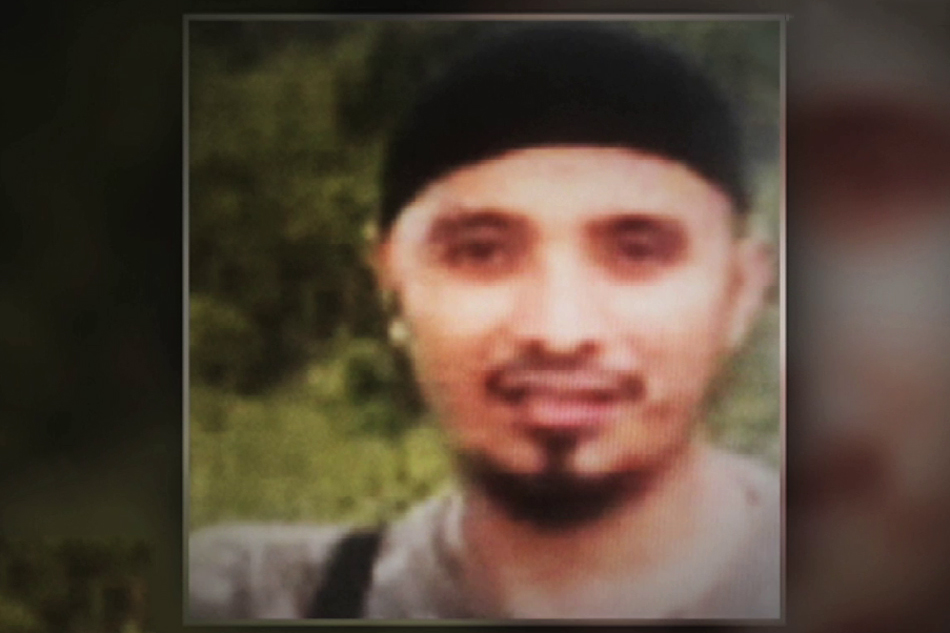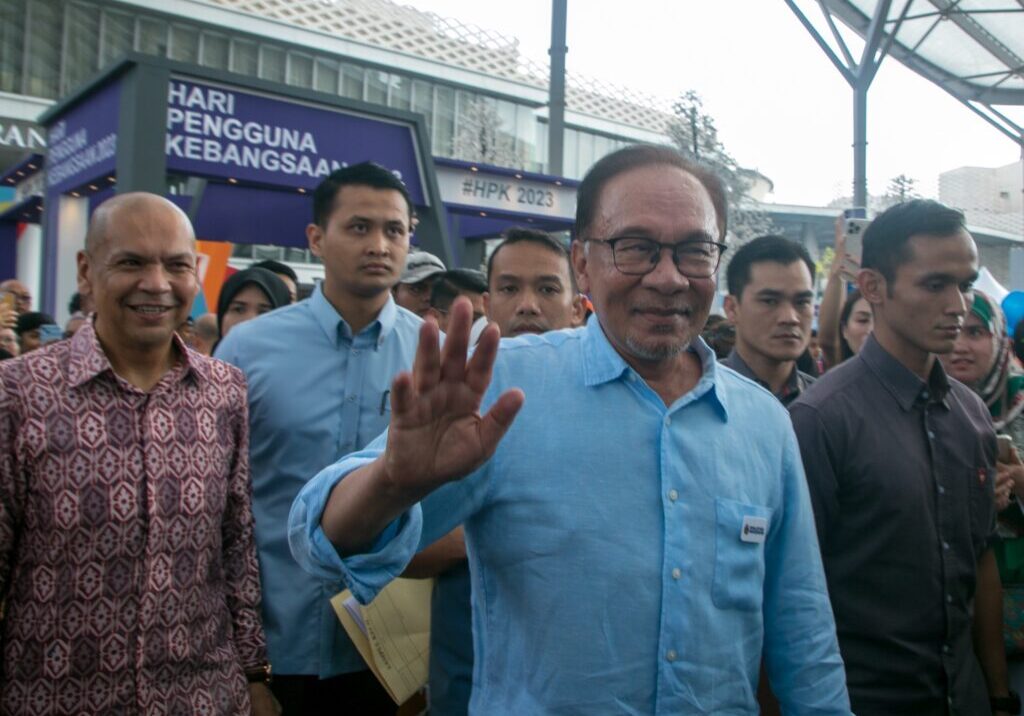Australia/Israel Review
Asia Watch: Call and Response
Apr 4, 2018 | Michael Shannon

Michael Shannon
Some five months after Philippine troops flushed out Islamic State-aligned militants in the southern city of Marawi, recent military-militant clashes show the Islamic State’s local affiliates have regrouped and spread since last year’s siege, still gaining recruits and threatening once again to become a rallying point for jihadists across the region. But the persistent regional threat has spurred ASEAN countries towards greater security cooperation.
The most significant recent clash occurred over March 8-10 in the province of Maguindanao, where martial law-related clearing operations around Datu Saudi Ampatuan town led to an encounter with over 50 militants of the Bangsamoro Islamic Freedom Fighters (BIFF), which like the Maute Group that laid siege to Marawi in May 2017, had pledged allegiance to the Islamic State.
An intense fire-fight ensued as the BIFF gunmen retreated into the town, whereupon a series of military air strikes and ground offensives resulted in at least 44 BIFF fatalities, according to the military, although a BIFF spokesman claimed the figure was much lower.
Local commander Lt. Col. Alvin Iyog told local media the fleeing BIFF fighters left behind “so many IEDs, high-powered firearms, ammunition, and personal belongings all stained with so much blood.” Troops also reportedly recovered a black Islamic State flag.
Meanwhile, the military also clashed repeatedly with the Abu Sayyaf over March 13-15 on the island of Sulu, part of a chain of small islands south of Mindanao. A targeted operation against the Islamist bandit group, which specialises in kidnap-for-ransom heists and brutal slayings, resulted in six militants dead.
Crucial intelligence for the operation was provided by the Moro Islamic Liberation Front (MILF), a former rebel group that signed a peace agreement with the Government in 2015 in exchange for greater autonomy and recognition of Muslims in Mindanao.
Ironically, the clashes came in the midst of a “Bangsamoro Week of Peace” in the Autonomous Region in Muslim Mindanao (ARMM). The ARMM straddles five provinces all deeply penetrated by ISIS Philippines – the BIFF and the Maute Group in Maguindanao and Lanao del Sur on the mainland; the Abu Sayyaf in the island provinces of Basilan, Sulu and Tawi-Tawi; and more than a dozen smaller off-shoots and factions that have declared allegiance to the infamous black flag. In February, the United States declared ISIS Philippines as a foreign terrorist organisation.
Philippines President Rodrigo Duterte, who placed the entire Mindanao under martial law in the wake of the Marawi siege and later extended the measure through to December 2018, has warned that Islamic militants would seek to avenge their defeat at Marawi. Indeed, security analysts warn that ISIS Philippines has the capability to launch intermittent bombings and other violent activities anywhere in the Philippines.
Although Abu Sayyaf leader Isnilon Hapilon, the designated Islamic State emir in Southeast Asia, and two key Maute brothers were killed during the five-month battle in Marawi, the so-called emirate reportedly has a new leader – Abu Dar from Lanao del Sur, who is believed to be among those who plotted the Marawi siege.
MILF chair Al Haj Murad Ebrahim recently told foreign correspondents in Manila that foreign Islamic State fighters forced out of Syria and Iraq have been arriving in the southern Philippines, while Defence Secretary Delfin Lorenzana said officials are verifying reports that militants from Indonesia and Malaysia are exploiting vast and porous maritime borders to enter Mindanao and spread Islamic State ideology. Malaysian and Indonesian fighters were confirmed to have joined the Marawi siege last year.
The audacious attempt to take over a mid-sized city of more than 200,000 people and forge a Southeast Asian IS province has galvanised ASEAN states into an unprecedented level of cooperation and coordination, given the bloc’s tradition of non-interference and consensus-based decision-making, marked by vague language and a lack of enforcement mechanisms.
Even before the Marawi siege ended in October, regional leaders began working to develop responses. In June, Indonesia, Malaysia and the Philippines agreed to conduct naval patrols in the Sulu Sea to restrict the movement of jihadist fighters to-and-from Mindanao. This was later augmented by coordinated air patrols to spot suspicious activity. Indonesia and the Philippines also agreed to establish a hotline to alert one another about security threats along their shared maritime frontier.
In mid-November, the Southeast Asian Counter-Terrorism Financing Working Group (SACTFWG) was established to crack down on the funding of terrorist groups linked to Islamic State, bringing together law enforcement agencies from across Southeast Asia.
Then on January 25, six ASEAN members – Brunei, Indonesia, Malaysia, the Philippines, Singapore and Thailand – signed-up to a new intelligence-sharing pact called the “Our Eyes” initiative. It will see senior defence officials from the participating nations meet twice monthly, and will allow for the development of a new shared database of suspected militants.






